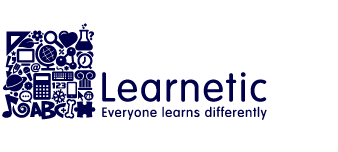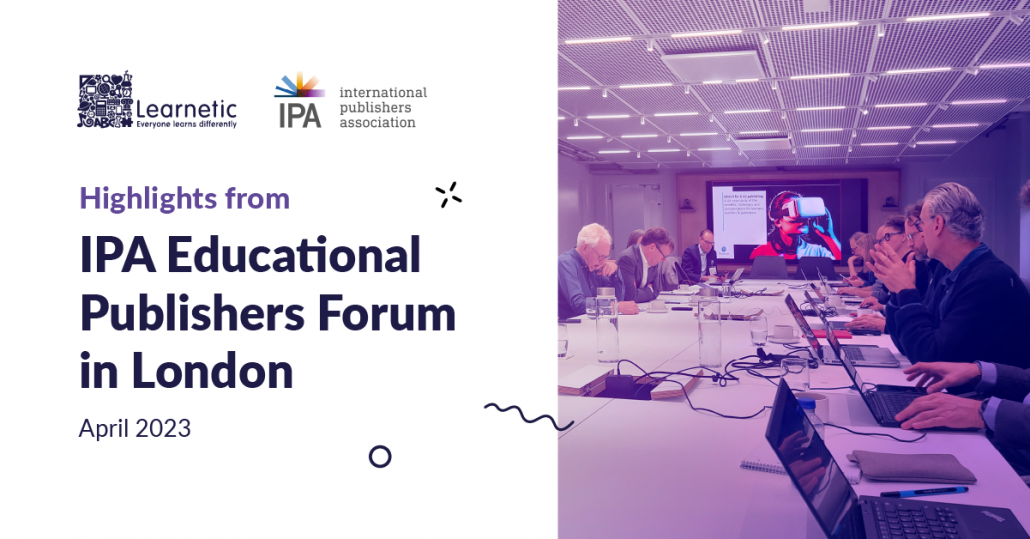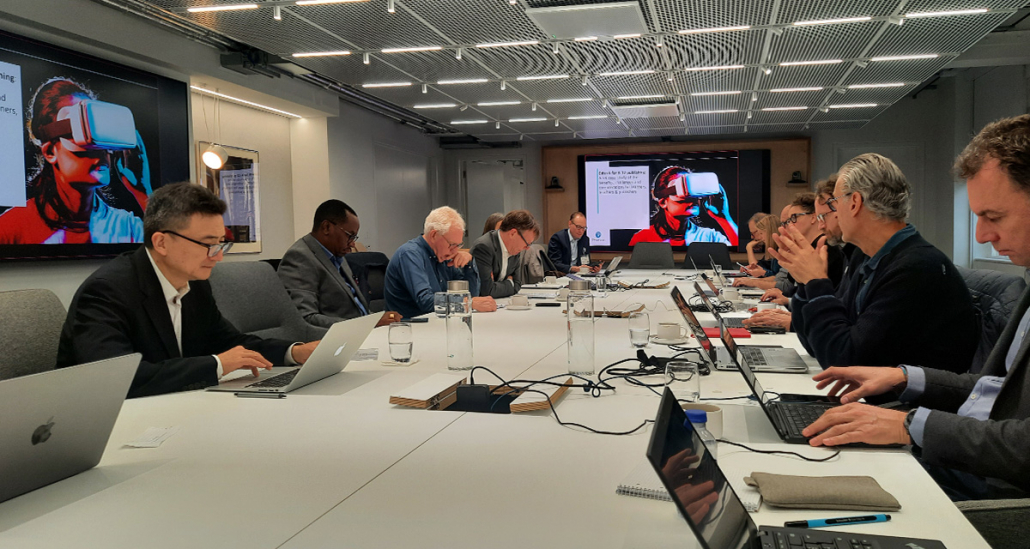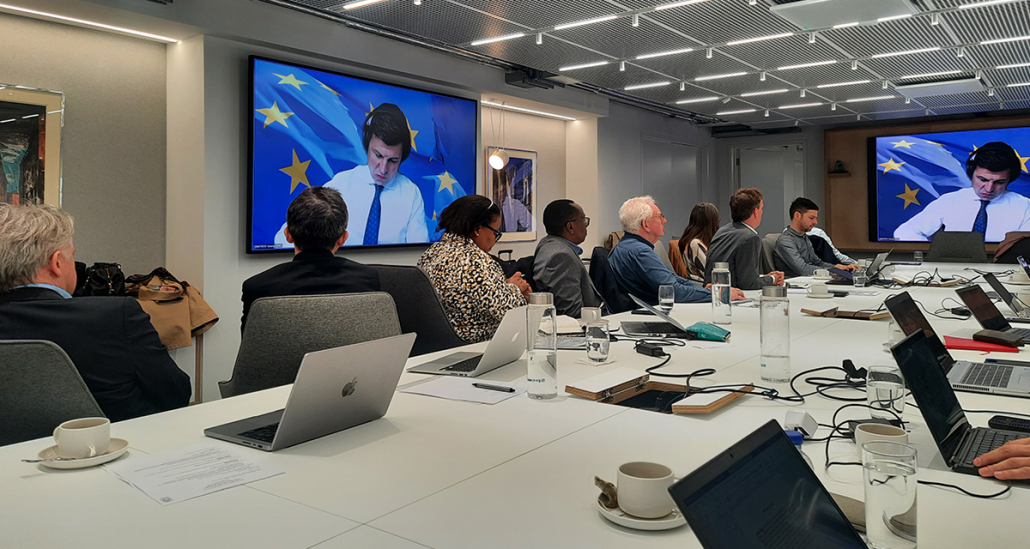Demand or supply-driven educational market? – the meeting of educational publishers in London.
This year the second personal meeting of educational publishers affiliated with the IPA Educational Publishers Forum (EPF) took place last week in London at the Pearson HQ. The main topic was the European Union and states’ policy regarding the provision of Open Educational Resources (OER) and market regulation.
The biggest concerns oscillated around the question of what type of digital market will be created by policymakers – more demand-driven or rather supply driven? Will the member states provide teachers with funds for acquiring digital and hybrid educational materials of their own choice, or rather they will limit teachers’ choice by providing them with the ready-made solutions?
As Learnetic, we believe that an open, competitive market secures long term effectiveness and innovation in education and that the role of the authorities is to set the rules and standards for the digital products rather than to become an active market player providing ready-made solutions. We see that the current division between edTech companies and traditional textbook publishers is blurring, as publishers are increasingly becoming innovative technology based companies offering hybrid methods consisting of printed and digital components. Taking on the role of publishers by the authorities or ministries of education and offering the OER platforms as alternative and ultimate substitute to the offers of commercial publishers, may lead to significant changes on the market that will eliminate the natural competition between its participants, and as a result, lower quality of education in the long term.
This leading concern was confronted by the invited honorable guest speaker – Georgi Dimitrov, Head of Unit, Digital Education Action Plan, EU Commission.
The Guest presented the steps taken within the EU Digital Education Action Plan. It concentrates on fostering the development of a high-performing digital education ecosystem as well as on the development of a European Framework for Digital Education Content (DEC). Mr. Dimitrov underlined the importance of a multi-stakeholder approach in order to prepare the most adequate DEC recommendations for EU member states. It is worth noticing that there was not an exact answer about what market strategy (demand or supply-driven) will be set.
Apart from the main topic, we could know the current situation of educational publishing and EdTech in the United Kingdom as well as get familiar with the European EdTech Alliance, its organisation, goals, and political activity.
The IPA EPF meeting was organized at the same time as the London Book Fair, thanks to which representatives from Europe, Africa, Asia and the USA (representing the Association of American Publishers) could also participate. The next meeting will take place at the beginning of June 2023 in Madrid. The event will be hosted by ANELE – Spanish Educational Publishers Association.
***
What is EPF?
Educational Publisher Forum (EPF) is a part of the International Publishers Association (IPA). It is the only global forum that brings together professional educational publishers from around the world to explore how they can provide the learning resources that teachers need to best implement local curricula. They stand for choice, local solutions, and collaboration. The Forum holds three to four meetings each year with delegates and guest speakers at rotating venues as well as an annual open meeting at the Frankfurt Book Fair.







